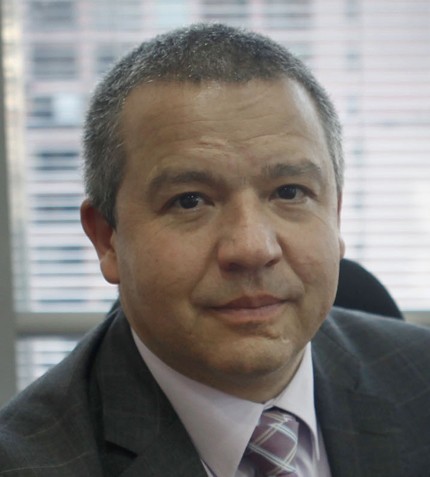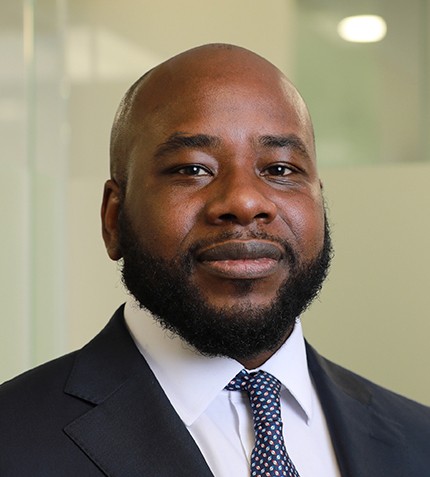
"MassBio remains focused on providing the necessary support to help companies succeed so we can continue to stay the best place in the world for life sciences."
Kendalle O’Connell
PRESIDENT AND COO, MASSBIO
How has the Massachusetts life sciences sector evolved in the past year and how is MassBio supporting it?
2021 was a very exciting year for the Massachusetts life sciences ecosystem with US$13.6 billion dollars of venture capital investment into biopharma companies here, up 70% from 2020, which was already a record-breaking investment year. There are 20 million square feet of lab and biomanufacturing developments in the pipeline between 2021 and 2024, and that expansion is expected to create 40,000 net new jobs. We have the most robust early stage biotech ecosystem of anywhere in the world.
Our core focus is to support early-stage biotech companies that are working on the riskiest, breakthrough, cutting-edge science. We are a leader around diversity, equity and inclusion; and focus on creating pathways for our 1,500 member companies to prioritize DEI within their organizations. In August of 2020, we published a CEO pledge letter with over 200 commitments. Recently we conducted a survey of those companies to assess their DEI progress, resulting in the first-ever set of Massachusetts data about diversity, equity and inclusion in the Massachusetts life sciences industry.
Could you tell us about MassBio Innovation?
MassBio Innovation is one of our leading initiatives designed to support the entrepreneurial and early-stage life sciences ecosystem in Massachusetts. Through our Partnering Days program we provide unique opportunities for established biopharma, medical device or digital health companies to connect with leading early-stage companies and academic institutions developing breakthrough life sciences technologies. Also, 2021 was the first year that we launched ‘Partnering Week’, expanding upon Partnering Days by giving start-ups access to five established biopharma companies over the course of a week. Sponsoring companies of Partnering Days or Partnering Week have the opportunity to share what their partnering strategy looks like, get to showcase a little bit of the science that they are working on, but more importantly can establish new relationships with up-and-coming biotech companies.
How are skilled labor challenges in the sector being addressed?
Massachusetts has always been known as a place that puts out some of the best and brightest talent, but we really have to be thinking about what’s next as the cluster continues to expand. We need to think outside of Boston and Cambridge and focus on building a talent pipeline for biomanufacturing and entry level positions. We need to regionalize our approach into all the emerging hubs of life sciences and tap into communities that have historically been underrepresented in the life sciences to create pathways into the industry. MassBio is working with the government and universities to understand the types of training that our industry companies require at all of the different levels. We also need to work on talent retention. To fill these 40,000 jobs we are going to have to take talent from all over the United States and internationally.
How has public perception of the sector shifted in the past few years?
Public opinion is probably at an all-time high for the life sciences industry because of what happened through Covid-19. This was the first time in recent history that everyone in the world knew what it was like to live with an unmet medical need. And with the record-breaking development of multiple Covid-19 vaccines in less than a year, society better understands the amazing opportunities for patients that this industry can create. Looking forward, new technologies being researched now have the potential to offer patients not just treatments but cures. This is probably the most exciting time for patients in history.
What is the outlook for MassBio and Massachusetts as a pharma and biopharma hub in 2022 and beyond?
Massachusetts remains the best place in the world for the life sciences. We didn’t get there by chance and we won’t stay that way without pro-active efforts to do so. At MassBio, we are focused on a range of programs and initiatives to keep that leadership position, including efforts to expand biomanufacturing across the state, grow and diversify our talent pool, and continue to provide programs and services to support entrepreneurs and emerging biotech companies. The density of small and emerging biotech companies has attracted 18 of the top 20 biopharma companies in the world to establish a physical presence here. MassBio remains focused on providing the necessary support to help companies succeed so we can continue to stay the best place in the world for life sciences.










